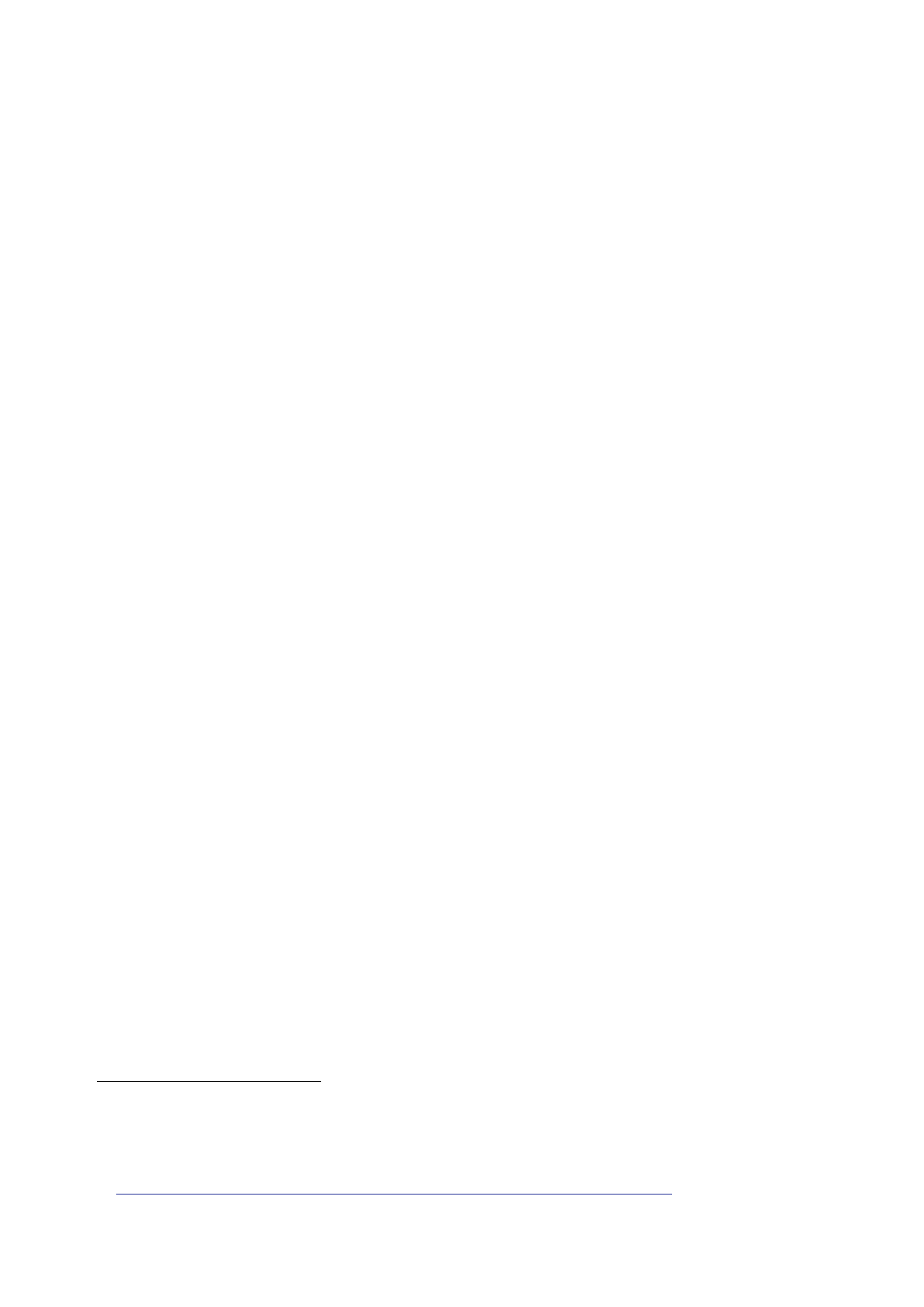
The Report
of the Iraq Inquiry
960.
Mr Straw
agreed after the meeting with Mr Blair that Mr Ivanov
could share
Mr Straw’s
proposals with Mr de Villepin and
Mr Fischer.296
961.
France,
Germany and Russia stated on 5 March that they would not
let
a resolution
pass that authorised the use of force.
962.
Mr de
Villepin, Mr Ivanov and Mr Fischer met in Paris on 5
March.
963.
In a press
conference after the meeting the Foreign Ministers declared that
they
would “not
allow a resolution to pass that authorises resorting to
force”.297
Russia
and France,
“as Permanent Members of the Security Council, will assume all
their
responsibilities
on this point”.
964.
Sir
Christopher Hum, British Ambassador to China, advised on 4 March
that
if the
resolution was put to a vote that day, China would
abstain.
965.
Mr William
Ehrman, FCO Director General Defence and Intelligence
and
Mr Straw’s
Special Envoy, met the Chinese Vice Foreign Minister, Mr Wang
Guangya,
and a
senior official from the Ministry of Foreign Affairs (MFA), on 4
March.298
966.
The report of
the meeting with Mr Wang records that, following a briefing
on
the UK’s
assessment of Iraq’s non-co-operation and the need for a second
resolution,
China’s
view was that Iraq must bear the major responsibility for failing
to co-operate
fully, but
believed inspections should be given more time. Although it might
take longer
to resolve
the issue by peaceful means, the time taken would be worth it.
There was
a common
desire amongst the international community to avoid war. Unanimity
was
important
for upholding the authority of the UN. China was still studying the
draft
resolution.
Pressing for a vote now would split the Council and harm its
authority.
967.
Mr Ehrman
had referred to the points emphasised by Mr Blair in his
speech to
Parliament
on 25 February. He told Mr Wang that Saddam Hussein’s
behaviour since
the middle
of 2002, when he had directed the implementation of a concealment
policy,
had been
“instructive”; and Saddam’s aim was to buy time. Mr Ehrman
described
key
elements of the concealment policy and stated that much of the
evidence in the
UK’s
September 2002 dossier “had been supported or confirmed
subsequently by
UNMOVIC
(for example the range of the Al Samoud 2 rockets)”. Despite Iraq’s
efforts,
the UN
inspectors had found a number of undeclared items and “Iraq itself
had ‘found’
four empty
chemical warheads and one aerial bomb containing biological agent”.
Iraq
was
particularly concerned about interviews with scientists because “if
carried out as
mandated
they would expose Iraq’s WMD programme” and had obstructed the
process.
The UK
“judged it unlikely that Saddam would leave” and “faced with
military defeat,
296
Telegram 37
FCO London to Moscow, 5 March 2003, ‘Iraq: Foreign Secretary’s
Meetings with Russian
Foreign
Minister, 4 March’.
297
The
Guardian, 5 March
2003, UN war
doubters unite against resolution. The Guardian, 6
March 2003,
Full text of
Joint declaration.
298
Telegram 89
Beijing to FCO London, 4 March 2003, ‘Iraq: Lobbying the
Chinese’.
354
